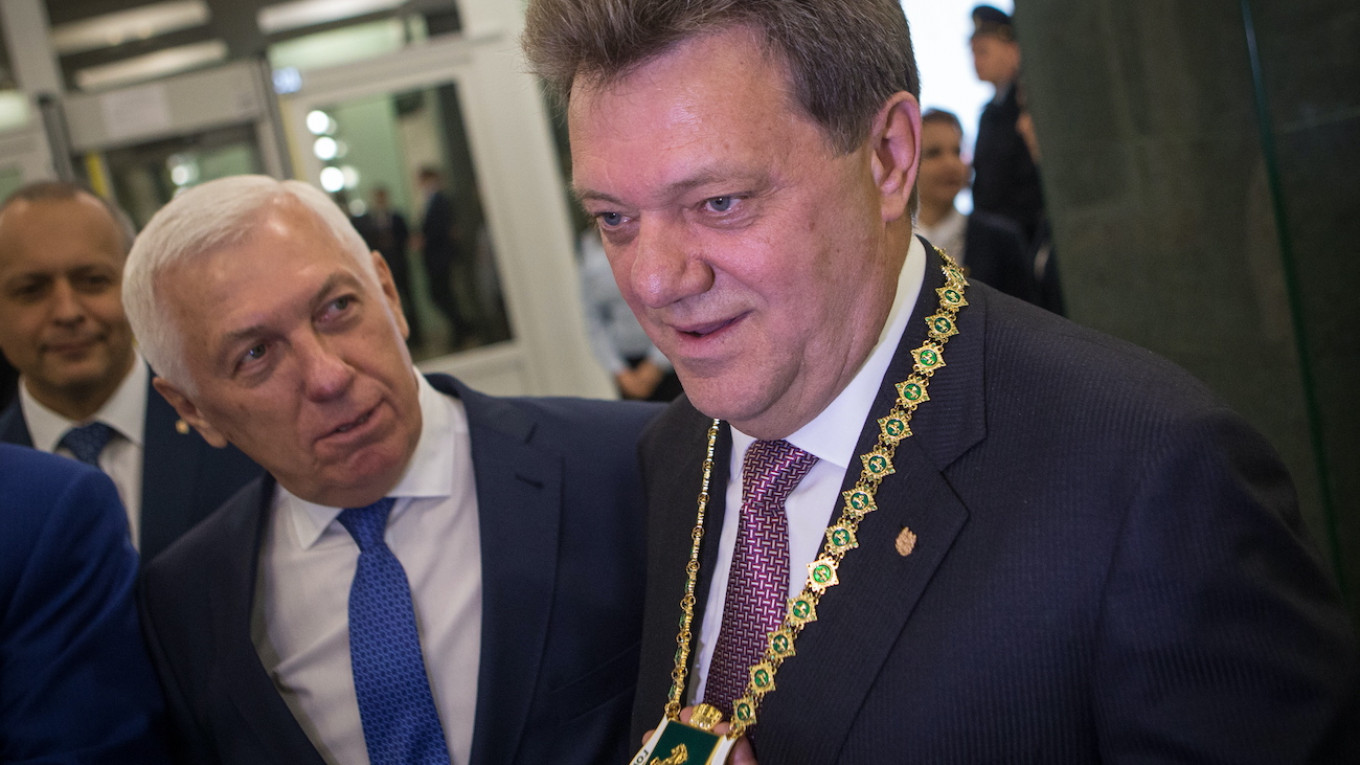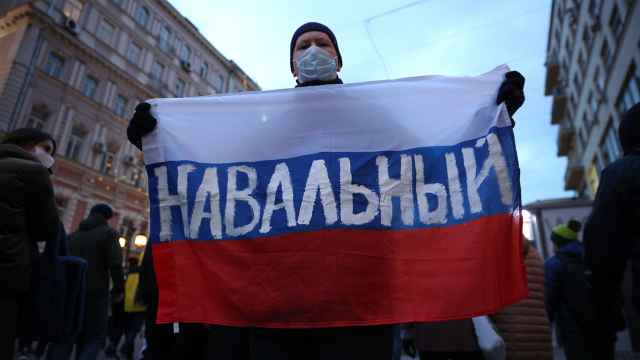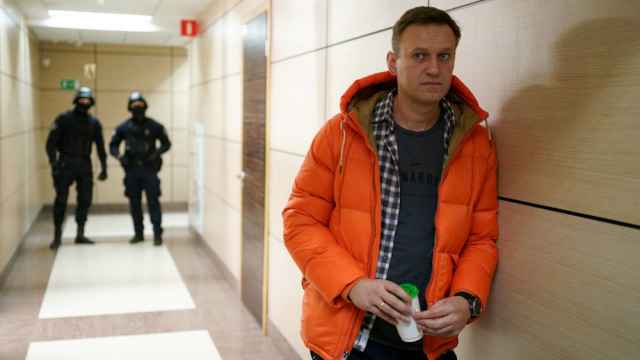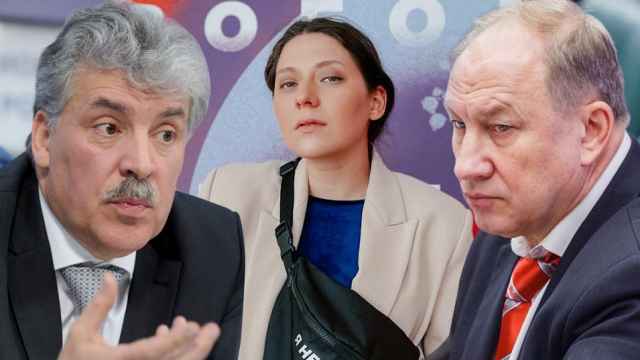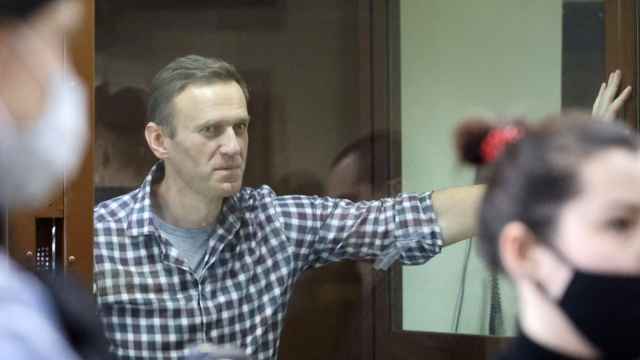The mayor of a Siberian city that was at the center of a corruption expose by opposition leader Alexei Navalny was arrested Friday for abuse of power, regional officials and Russian media said.
The arrest comes two months after Kremlin critic Navalny published the investigation alleging corruption by local officials in Tomsk.
Navalny, 44, fell ill on a flight from Tomsk to Moscow in August and was flown to Germany for treatment where doctors said he was poisoned with the Novichok nerve agent.
The Investigative Committee, which probes major crimes, said in a statement that a probe had been opened into Ivan Klyayn, 61, who has been mayor of Tomsk since 2013.
"A criminal investigation for abuse of power has been opened," the statement said, adding that searches were underway at Klyayn's home and office.
The Investigative Committee said Klyayn — a main shareholder of a local brewery — ordered subordinates in 2016 to falsify information about land next to the brewery to prevent a local businessman from starting construction there.
The businessman suffered "significant damage" as a result, the statement said.
State television showed agents of the Federal Security Service dressed in black detaining Klyayn during a morning meeting with local officials. Law enforcement sources later confirmed the arrest to Russian news agencies.
In his probe published in September, Navalny said that Tomsk is a city "where everything is permeated with corruption, which influences the life of every person."
His investigation alleged that members of the ruling United Russia party had awarded public contracts to companies secretly controlled by party officials.
Navalny's probe did not mention Klyayn.
Two of Navalny's allies won local parliament seats in Tomsk in September.
A Message from The Moscow Times:
Dear readers,
We are facing unprecedented challenges. Russia's Prosecutor General's Office has designated The Moscow Times as an "undesirable" organization, criminalizing our work and putting our staff at risk of prosecution. This follows our earlier unjust labeling as a "foreign agent."
These actions are direct attempts to silence independent journalism in Russia. The authorities claim our work "discredits the decisions of the Russian leadership." We see things differently: we strive to provide accurate, unbiased reporting on Russia.
We, the journalists of The Moscow Times, refuse to be silenced. But to continue our work, we need your help.
Your support, no matter how small, makes a world of difference. If you can, please support us monthly starting from just $2. It's quick to set up, and every contribution makes a significant impact.
By supporting The Moscow Times, you're defending open, independent journalism in the face of repression. Thank you for standing with us.
Remind me later.


